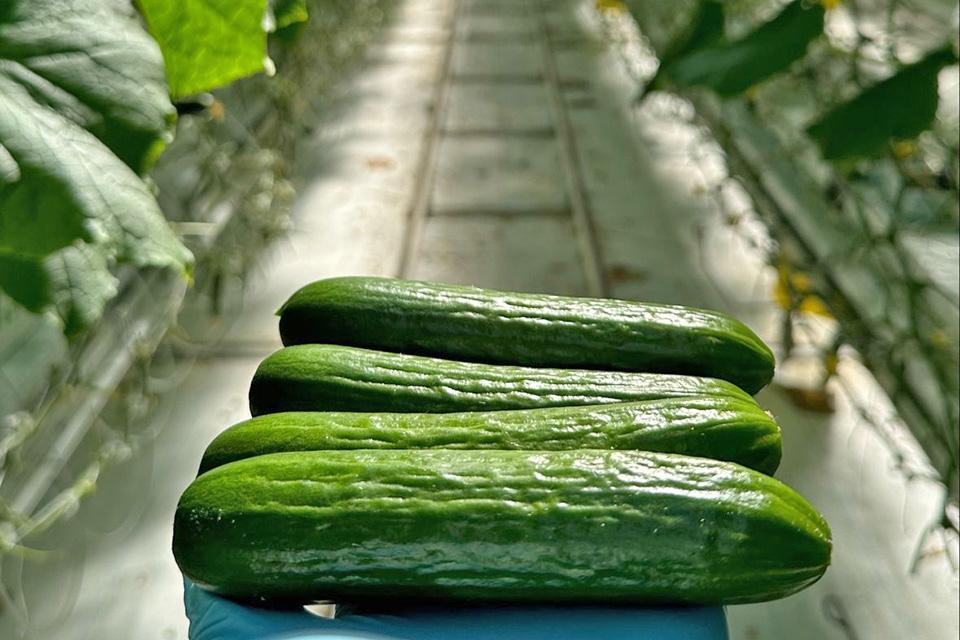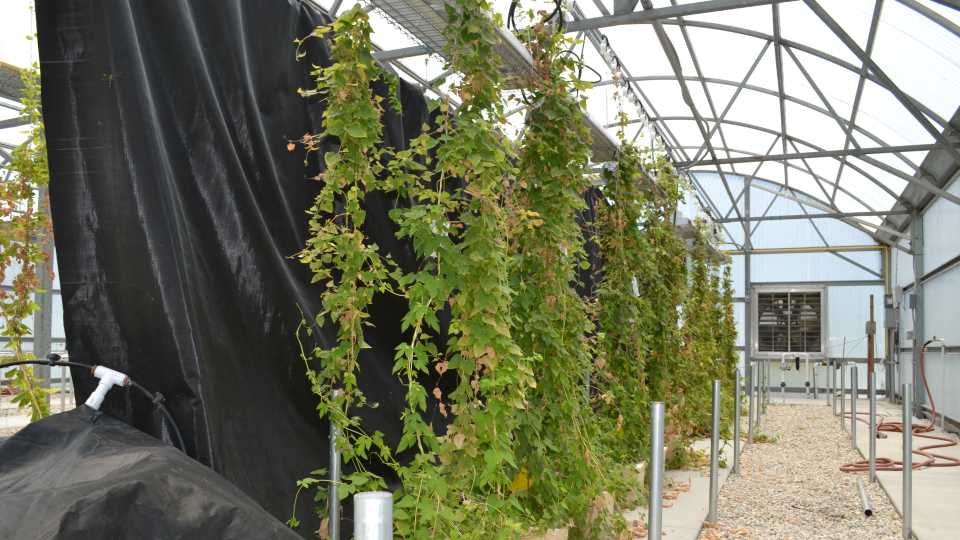$19 Million Awarded In Organic Research, Education, And Extension Grants
Agriculture Deputy Secretary Kathleen Merrigan announced last week that more than $19 million in grants have been awarded to universities across the country to solve organic agriculture issues through the integration of research, education, and extension projects.
“Organic agriculture is one of the fastest growing segments of U.S. agriculture and USDA and Congress, through the 2008 Farm Bill, are committed to helping this industry succeed by addressing critical organic agriculture issues through the integration of research, education and extension projects,” Merrigan said. “These grants are an important part of USDA’s new ‘Know Your Farmer, Know Your Food’ initiative, which will help develop local and regional food systems and spur economic opportunity by assisting organic producers with new production and marketing practices to meet rising consumer demand.”
Launched in September 2009, the ‘Know Your Farmer, Know Your Food’ initiative emphasizes the need for a fundamental and critical reconnection between producers and consumers. ‘Know Your Farmer, Know Your Food’ includes such major agricultural topics as supporting local farmers and community food groups; strengthening rural communities; enhancing direct marketing and farmers’ promotion programs; promoting healthy eating; protecting natural resources; and helping schools connect with locally grown foods.
More information about USDA’s National Organic Program is available online at www.ams.usda.gov/nop. Additional information about USDA’s ‘Know Your Farmer, Know Your Food’ initiative is available at, www.usda.gov/knowyourfarmer.
Fiscal Year 2009 Organic Agriculture Research and Extension Initiative grants were awarded to:
University of California, Davis, CA, $372,135
University of Guam, Mangilao, Guam, $41, 616
University of Hawaii, Manoa, HI, $47,500
University of Hawaii, Honolulu, HI, $351,028
Iowa State University, Ames, IA, $1,047,024
University of Maine, Orono, ME, $1,320,378
Sustainable Agricultural Systems Lab, USDA Agricultural Research Service, Beltsville, MD, $759,480
University of Minnesota, Minneapolis, MN, $38, 466
Michigan State University, Lansing, MI, $1,049,674
University of Nebraska, Lincoln, NE, $69,806
University of Nebraska, Lincoln, NE, $1,419,710
Cornell University, Ithaca, NY, $894,069
Cornell University, Ithaca, NY, $1,431,591
North Carolina State University, Raleigh, NC $1,174,942
The Ohio State University, Columbus, OH, $470,696
The Ohio State University, Columbus, OH, $1,089,190
Oregon State University, Corvallis, OR, $522,108
Oregon State University, Corvallis, OR, $ 317,182
The Pennsylvania State University, State College, PA, $538,415
Utah State University, Logan, UT, $637,519
University of Vermont and State Agriculture College, Burlington, VT, $946,675
Organic Seed Alliance, Port Townsend, WA, $46,281
Washington State University, Pullman, WA, $46,794
Washington State University, Pullman, WA, $410,077
Washington State University, Pullman, WA, $1,040,210
University of Wisconsin, Madison, WI, $541,172
University of Wyoming, Laramie, WY, $547,621
Fiscal Year 2009 Integrated Organic and Water Quality grants were awarded to:
Iowa State University, Ames, IA, $599,027
North Carolina State University, Raleigh, NC, $658,769
The Ohio State University, Columbus, OH, $659,527









